Some games that are like Dark Souls may copy how hard they are, but they usually make the role-playing their own.
Dark Souls is a famous game, even though it’s very hard. Heavy fighting, Lovecraftian enemies, and a lot of RPG mechanics make it harder for players while also making them better. That seems like a contradiction, but a lot of fans love it. That’s why it gave rise to a whole category.
In the past ten years, there have been a lot of games that try to be like Dark Souls. This group of people is called “Soulslikes.” They’re like the punishing challenge, slow gameplay, and building your character. In this area, many Soulslikes have done great, giving experiences that are on par with their namesake. Players are ready to keep playing even though they keep losing because customization is so fun.
Lords Of The Fallen
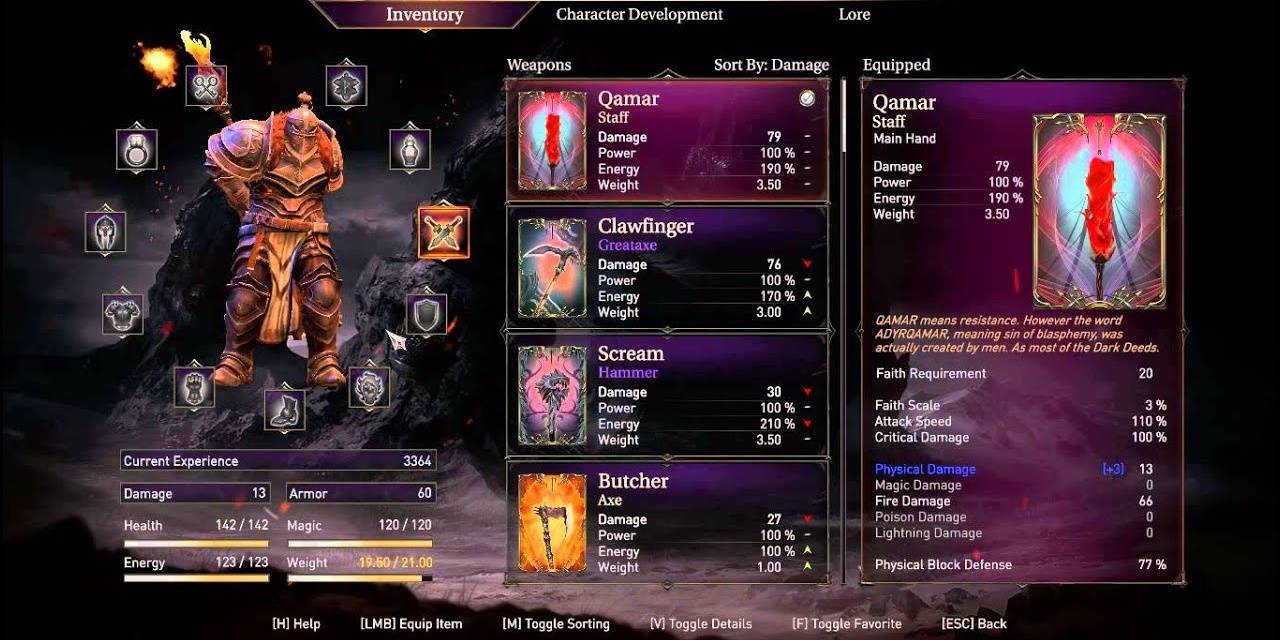
- Platform: PS4, Xbox One, PC
- Developer: Deck13 Interactive, CI Games
At first glance, Lords of the Fallen only seems to have three classes: fighting magic, deception magic, and comfort magic. But keep in mind that these are only general groups and guesses about the player’s style. They can change them further from here.
There are nine classes in all, three for each. The tools a player starts with depends on the class they choose. Like, fighters put on heavy armor, a steel sword, and a kite shield. There’s no doubt that the characters change more as they go through the medieval prisons, but the main work is done at the beginning.
Lords of the Fallen’s detailed base builds help players get a better sense of the class they’ve picked. They know right away if it fits, which helps them grow in more subtle ways later on. The method is unusual, but it works surprisingly well.
Stranger Of Paradise: Final Fantasy Origin
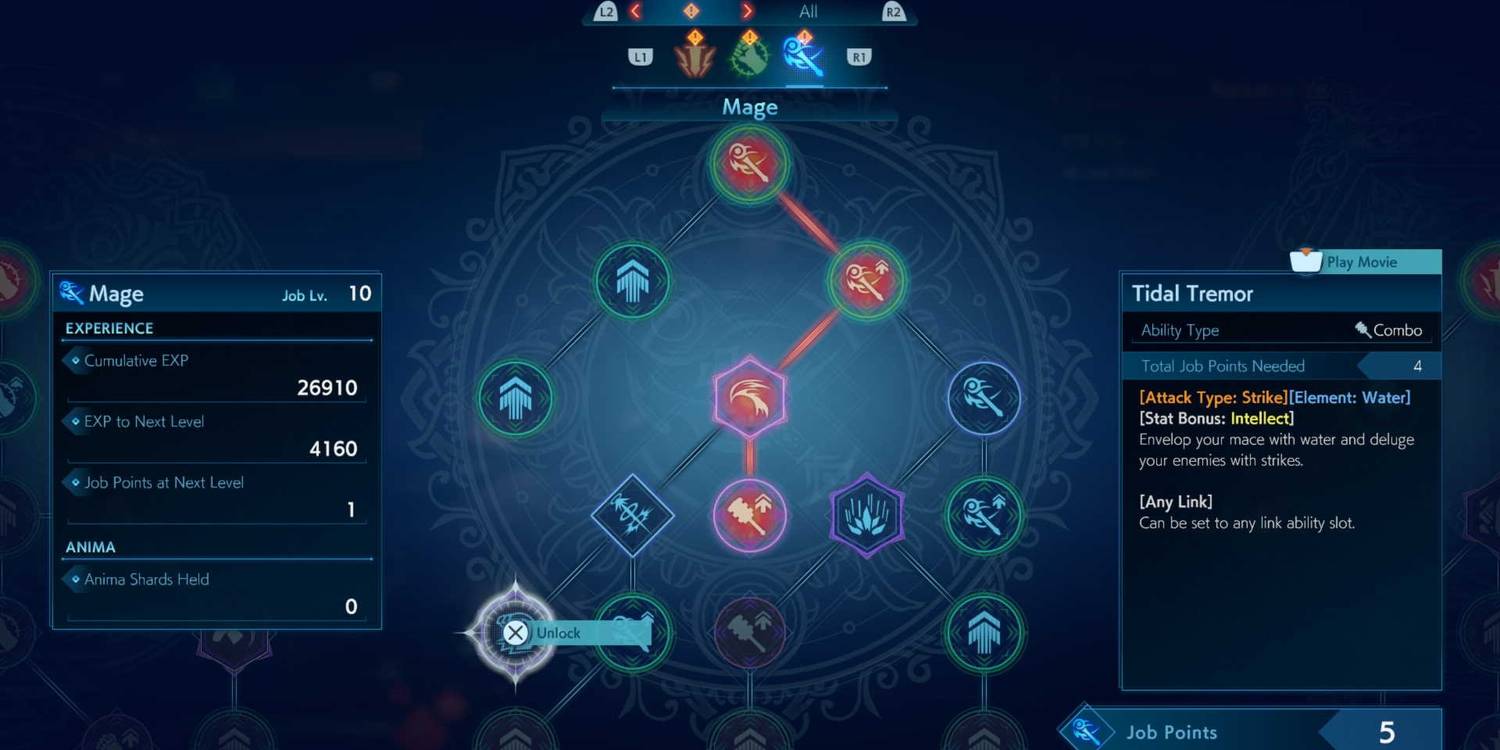
- Platform: PC, PS4, PS5, Xbox One, Xbox Series X/S
- Developer: Team Ninja
Putting together Final Fantasy, which is mostly a turn-based game series, with Dark Souls seems like a strange idea. The Stranger of Paradise is a very strange game, but that doesn’t change how great the progression system is. Final Fantasy usually has a lot of depth in how characters grow, and the different classes are a big part of the methodical approach.
Even though Final Fantasy Origin wasn’t made by Square Enix, it still has that depth. The party can choose from dozens of jobs that use magic, close combat, and long-range attacks. All of these have a lot of different levels of active and passive powers. As you level these up, you can do jobs that are stronger. Stranger of Paradise is similar to Final Fantasy 14 in this way. Adding a system with so many parts to a Souls game is like putting together two perfect matches—it gives the game the same old-school draw and reasons to keep playing.
Star Wars Jedi: Fallen Order
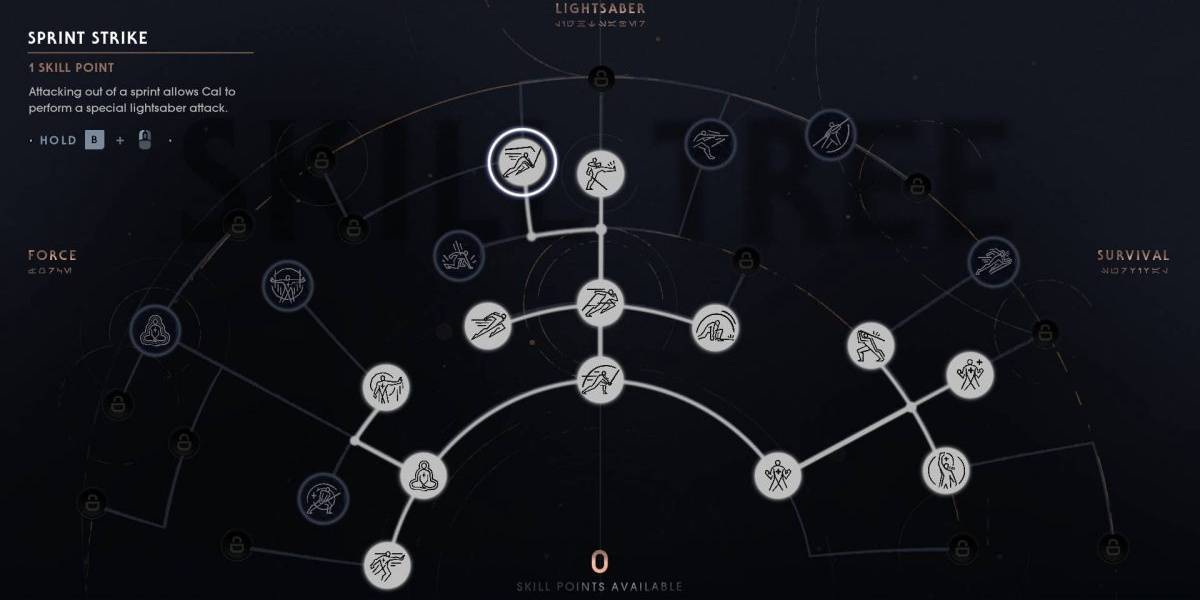
- Platform: PS4, PS5, Xbox One, Xbox Series X/S, PC, Stadia
- Developer: Respawn Entertainment
There are some things that might bother Star Wars fans about Jedi: Fallen Order at first, compared to other Star Wars games. Cal Kestis, the main character, doesn’t have the crazy powers that other Jedi do because he has cut off his link to the Force. But getting that link back is some of the most noticeable progress in any Star Wars adventure or Souls-like game.
Cal learns new Force powers, lightsaber moves, and survival skills as the game goes on. Because there aren’t that many changes, each one feels like a real addition, and they all add up in the end. It goes from being hard to beat a few Stormtroopers to destroying whole companies. Their role-playing isn’t very deep because they can’t really make their own class, but this gives the game a more focused, subtle way to get where it wants to go. Cal will become a Jedi Knight, but it’s much more fun for people to earn that rank with him.
Nioh 2
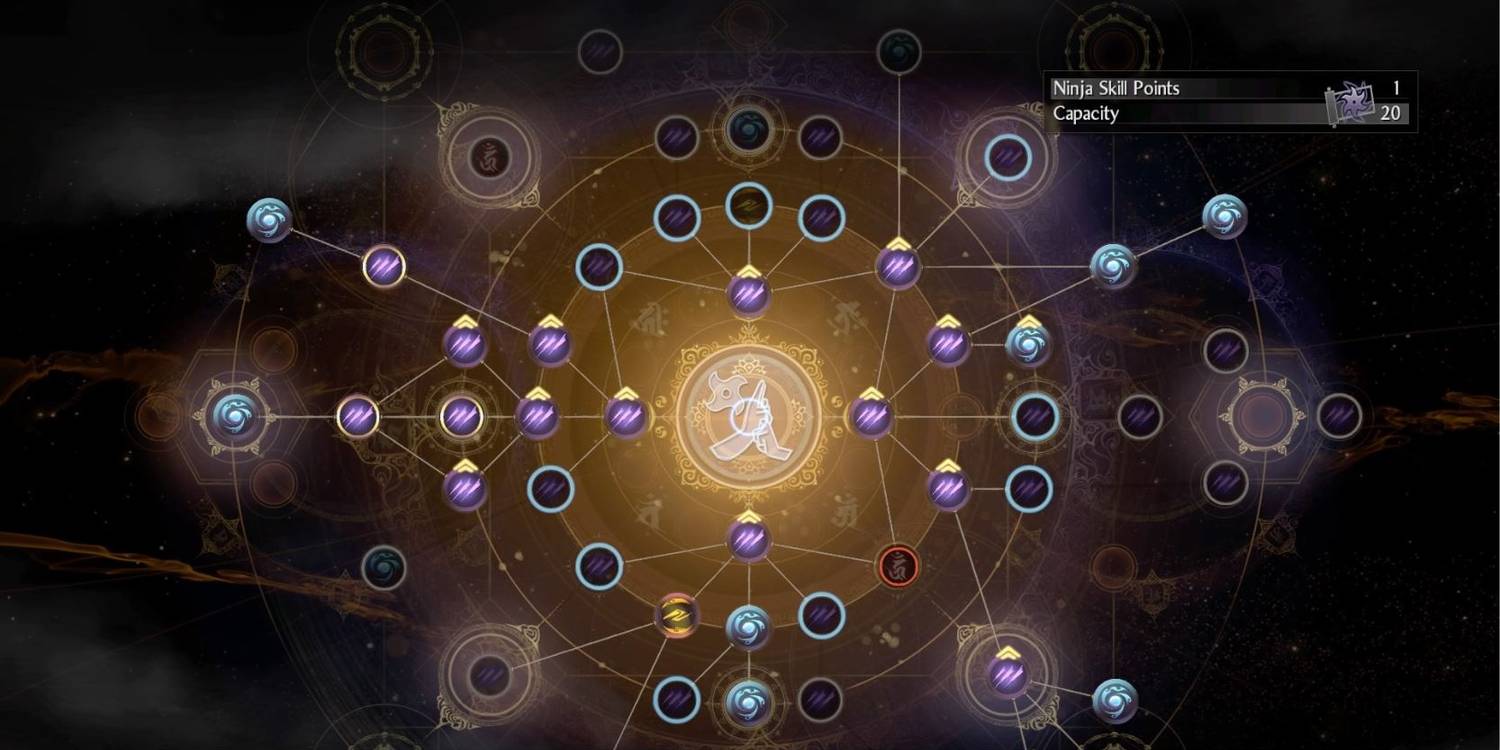
- Platform: PC, PS4, PS5
- Developer: Team Ninja
Like any good follow-up, Nioh 2 builds on the way things were progressed by weapon in the first game. The weapons that players use are odachis, axes, spears, swords, tonfas, and more. Every one of these has its own skill tree, so players can get good at whatever they choose.
This way of thinking applies to more specific groups as well. There are skill trees for samurai, ninja, magic, and spirituality. These not only give you useful stat boosts, but they also make using weapons even better. To put it simply, Nioh 2 has many ways to improve battles.
That works out well for it. These things are simple to understand but hard to learn. They allow the game to have a scripted main character while still giving players freedom. That freedom comes from battle, where players decide how to use Shiftling to kill the armies of feudal enemies.
Mortal Shell
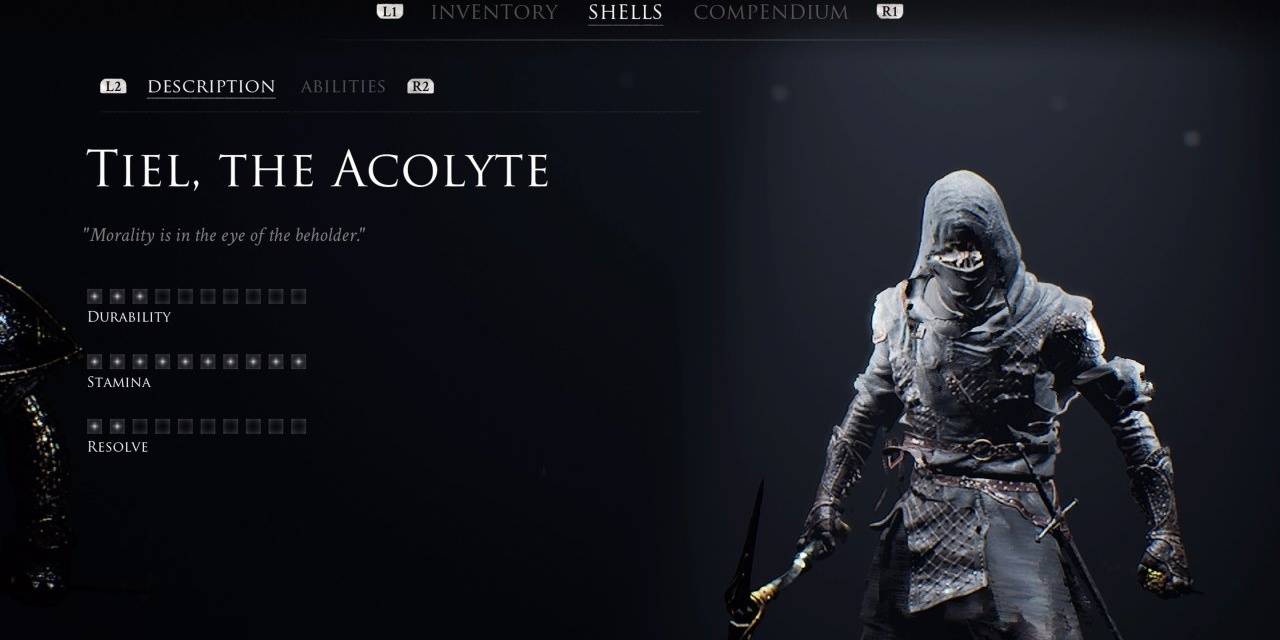
- Platform: PC, Xbox One, Xbox Series X/S, PS4, PS5
- Developer: Cold Symmetry
More than the others, Mortal Shell looks like a cheap version of Dark Souls, complete with gothic graphics and weapons from the Middle Ages. Luckily, the game stands out in terms of how it’s played. Players don’t pick just one class; instead, they switch between four fighting styles, or “shells.” The Acolyte, the Scholar, the Vassal, and the Venerable are these people. They’re not the type of classes that RPG fans are used to, and they don’t make Snow Rider 3D very different.
Instead, they deal with effects that happen when you interact freely with the mechanics. For example, when a person is hit while they are hardened, they might regain their resolve, which stops them from recoiling in a pseudo-block. This does make it less fun to play again and again, but it also lets the different parts grow naturally, which makes the main gameplay loop more complicated.
In addition, the fact that there aren’t that many upgrades means that you can make a lot of progress in every case. It also makes it possible for skills from different shells to work together. Two or more of them could work together to drain health or boost status. From the top to the bottom, the system pushes people to try new things. Like other games that are like Souls, Mortal Shell makes up for its small size by adding more detail and nuance.






